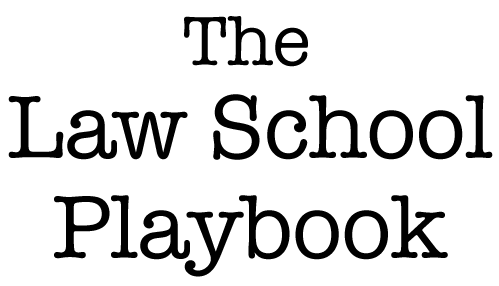Dear Professor,
I am terrible at multiple choice questions. Where can I find some to practice? I feel somewhat confident in my ability to write an essay exam, but I just cannot master multiple choice questions. Do you have any advice?
Sincerely,
Student
………………………………………………………………………………………………………………………………………………
Dear Student,
First, mindset matters. Students with the fixed mindset that they are not good at multiple choice questions have continued difficulty. You need to shift your mindset to tell yourself that, although you have struggled with multiple choice questions in the past, it is a skill that you can master. Mind Matters Topics 1 and 2 on The Law School Playbook will be helpful. They won’t take much of your time, and you can listen to or read them time and again to put yourself in the right mindset.
Law school multiple choice questions are really a reading test. They, unlike essay questions, are a wonderful vehicle for testing the nuances of the applicable rules. Practice will certainly help you improve. The Center for Computer-Assisted Legal Instruction (“CALI”) is a source you can use for sample multiple choice questions. The law library staff can explain how to access CALI if you have not done so already. The law library also has supplements, such as the Questions & Answers series, that are good sources of questions. Many students opt to use bar multiple choice questions as well.
The key to understanding and performing well on multiple choice questions is evaluating each answer thoughtfully. When looking at an answer choice, ask: Are the facts incorrect? Is the law incorrect? Are both incorrect? Is one selection more correct than the other? Why? You need to identify why the correct answer is the best answer and what makes the other choices inferior. You are doing yourself a disservice if you simply determine whether you got an answer correct or incorrect and then move on. You need to do the investigatory work each time. For example, if you got an answer correct, was it for the right reason? Understanding and articulating why a given choice is correct or incorrect is essential.
Keep trying—you will get this! I am happy to discuss this further during a coaching session if that will be helpful.
